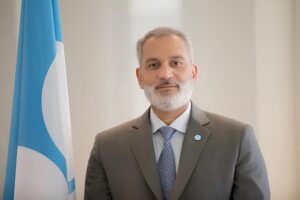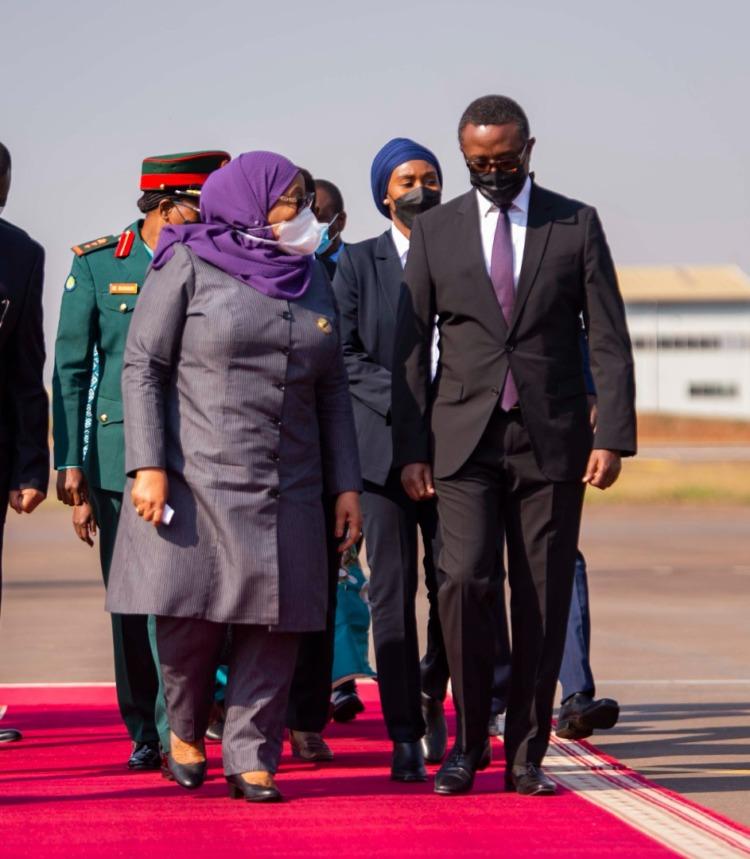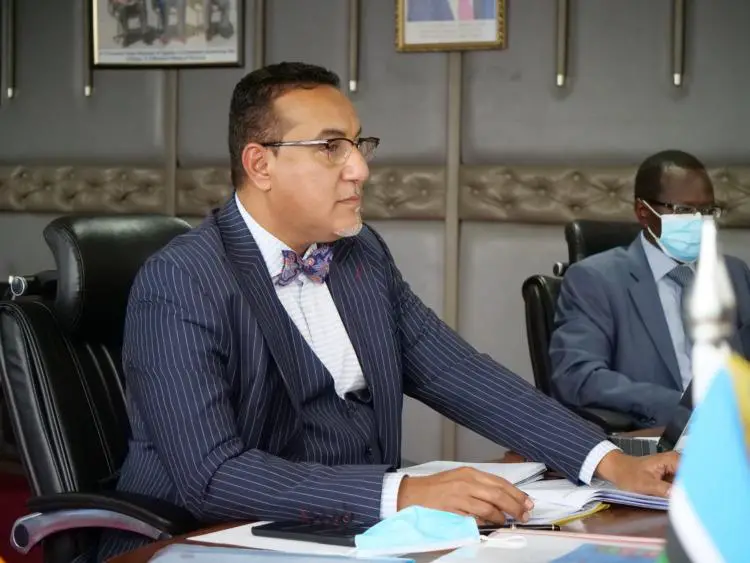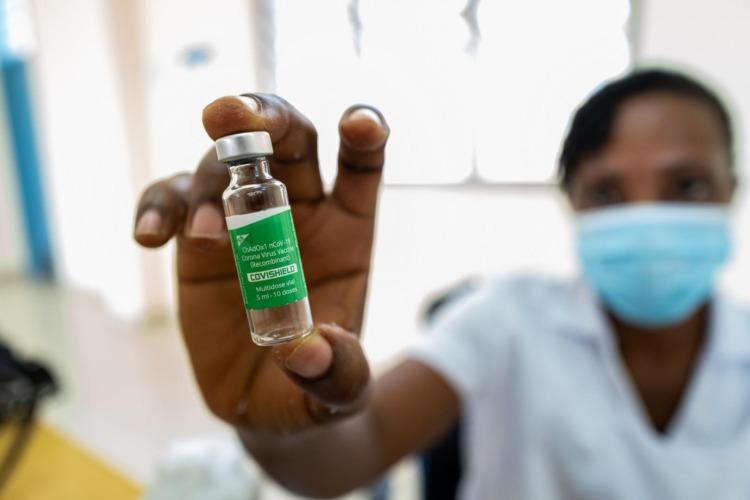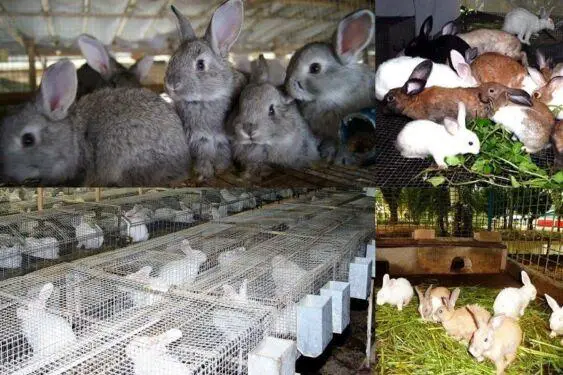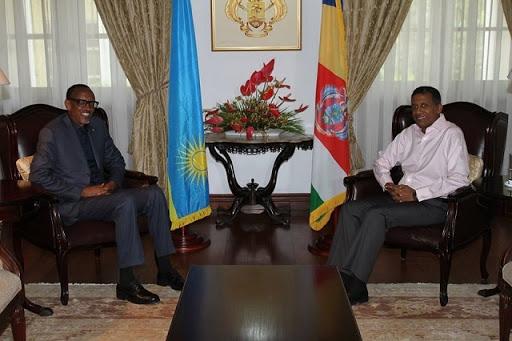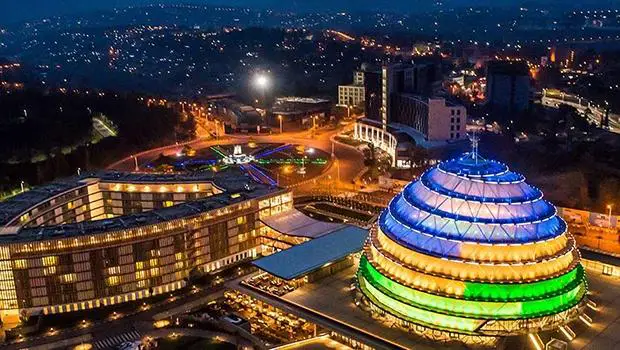- Youth Unemployment in Kenya: The Role of Vocational Training
- New $900,000 initiative aims to boost sustainable trade in Tanzania
- Organization of the Petroleum Exporting Countries’ (OPEC) pride in its African roots
- AIM Global Foundation pushes for stronger Gulf-Africa trade partnerships
- Investment opportunities in South Sudan’s emerging gold industry
- Family planning drive in Kenya gets 450,000 self-injectable contraceptive doses from UK
- AfDB commits $2 billion to revolutionise clean cooking in Africa, save forests
- The harsh realities of family laws for African women revealed
Browsing: Rwanda
As the two countries keep pressing different economic plans, the visit ushers in crucial business opportunities as the business community listed seven priorities, they “would focus on in bilateral talks between Tanzania and Rwanda that could boost the intra-trade between the two” according to information from The Citizen.
The key issues to be dealt with from the start from stabilizing economic relations: clearing out the Non-Tariff Barriers (NTBs), and payment of unpaid transactions that Rwandan importers owe clearing and forwarding agents and transporters in Tanzania, according to The Citizen.…
As of July 1, price for petroleum products in Tanzania increased drastically owing to the amendments outlined in the country’s new Finance Act as passed by parliament. A huge chunk of the money you pay at the pump goes to the government in taxes; in fact the government takes anything between 30 and 40 percent in form of taxes, levies and regulatory fees.
Nonetheless, Tanzania’s Energy and Water Utilities Regulatory Authority (Ewura) still attributed the price hike to global trends, in part admitting to the tax effect and in part deflecting it to global trends.…
A plan seeking to revive tourism in East Africa has been approved, following the negative impact of the coronavirus pandemic on the sector.
Dubbed ‘The EAC Regional COVID-19 Tourism Recovery Plan’, the map was approved by the East African Community Sectoral Council led by Kenya’s Cabinet Secretary for Tourism and Wildlife, Najib Balala.
Tourism ministers from the East Africa Community noted that some partner states had already instituted measures such as the formulation of stimulus packages aimed at re-igniting the sector and supporting tourism investments including the Small and Micro Enterprises.
In his opening remarks, Balala underscored the importance of the Partner States working together especially in addressing the impact of the COVID-19 pandemic on the sector and in joint tourism recovery efforts.
“The COVID-19 pandemic has taught all of some really important lessons. For instance, domestic and regional tourism markets are really important and they can help in making …
As Agricultural activities intensifies to provide sufficient food for a growing population in south Africa climate change and its manifestations, which includes extreme weather events, have been featured as prominent risks on the radar of investors, banks and commercial farmers bearing in mind that South Africa has a market-oriented agricultural economy that is highly diversified and includes the production of all the major grains (except rice), oilseeds, deciduous and subtropical fruits, sugar, citrus, wine and most vegetables.
In Illustration, the World Economic Forum ranks environmental risks among the top five global risks in its ‘2020 Global Risk Report’.
The 2020 Global risk report discusses the prominence of extreme weather, failure to adapt to climate change, environmental damage caused by humans, major biodiversity loss, ecosystem collapse and major natural disasters.
Financial institution Nedbank believes that, while agriculture is a key contributor to environmental impacts, it finds itself on the receiving end …
Three countries in Africa are being considered for regional vaccine production, the World Bank International Finance Corporation has declared. The three states include South Africa, Senegal, and Rwanda where investment towards setting up vaccine production is at an advanced stage.
Why is this necessary now?
When Covid-19 struck the continent and governments rushed to bring in vaccines to manage the global health crisis, the roll out of vaccines within the continent was marred by delays, scarcity and uncertainties.
In Kenya for instance, when the first consignment came in, there was a wave of uncertainty that swept across the country especially because the government could not ascertain the availability of the second dose of the vaccine. However, 358,700 doses of the AstraZeneca-Oxford Covid-19 vaccine have just been received in Nairobi in a bid to help the government administer the vaccines to the population and manage the crisis.
Meanwhile Zimbabwe has run …
At the turn of the millennium, the Rwandan government purposed what became known as Vision 2020. The government’s goal in implementing this policy was to move from an agricultural-based economy to a digitized and middle-income society by the year 2020. Having made this bold assertion, the government facilitated the linking of the country to global wireless networks. With increased connectivity, Rwanda’s tech revolution began.
To date, mobile phones are very popular in the country, with connectivity available in rural areas. In asserting its commitment to the provision of ICT tools and programs, the Rwandan 500 franc note is embossed with a picture of young children working on laptops. ICT gadgets are also available for purchase on credit facilities, with smaller tech companies partnering with leaders in the industry to avail such options to the consumer. …
Kenyan startup Taz Technologies, the company behind, MPost technology has announced plans to invest Sh200 million to expand to new markets in the region.
Co – Founder and Chief Executive Officer Twahir Mohamed revealed the company plans to seek to finalise Series A funding to help them expand in a bid to increase its presence in the region.
Mohamed said in the next one year the company plans to enter Rwanda and Tanzania and is also eyeing Democratic Republic of Congo the following year.
In 2019, the company closed a Sh190 million Series A funding but got Sh150 million.
“We tested the product, and it’s ready to be exported to other markets. That’s why we are going to the market to source for more funds in a bid to accelerate the development of our product functionalities and create other value-added service offerings,” said Mohammed.
The company’s flagship product MPost is …
Zimbabwe rabbit farmers have imported 100 more pure breeds to help shore up efforts by the country’s rabbit producers to support and expand further cuniculture production.
With its significant potentiality to generate revenue for the country, its potential export market includes China and the US and farmers are leaving nothing to chance to the lucrative farming business.
Rabbit farming is a very profitable business with its demand for rabbit meat increasing in Zimbabwe. People want to try a different type of meat which is not chicken, beef, or pork.
A lot of people are switching to more healthy meat with less fat. Rabbit meat has become a perfect replacement for chicken since it is also white meat. Rabbits are easy to keep and are very profitable as the feed costs are low due to the fact that they eat a variety of foods.
An increasing number of farmers in Zimbabwe …
Tourism and education sectors are the prime areas that the government of Rwanda is looking forward to develop through cooperation with the government of Seychelles , this is according to the newly accredited high commissioner of Rwanda to the Island nation.
Major General Charles Karamba presented his credentials to President Wavel Ramkalawan at State House in the capital city of Victoria.
Speaking today April 27, Charles Karamba said that the two countries enjoy an excellent good relations adding that Rwandan President Paul Kagame was amongst the first to congratulate Seychelles’ head of state when he assumed power six months ago.
The high commissioner who was speaking to the media said that among other key areas of co-operation Tourism was the top most Agenda between the two African Nations.
“Seychelles is highly developed in the tourism industry. Rwanda is doing a great job. There is a lot that we need to …
Rwanda’s current account deficit in 2021 is expected to decrease to 10.42 per cent of the Gross Domestic Product (GDP) and improve in 2022 to 9.1 per cent due to covid-19 vaccine rollout which is expected to trigger a rebound in foreign direct investments and tourism.
The report is dubbed “African Economic outlook 2021: From Debt Resolution to Growth: The Road Ahead for Africa” by the African Development Bank (AFDB).
The report noted that in 2020 the country’s current account deficit recorded 16.5 per cent of GDP compared to 9.3 per cent in 2019. This was due to reduced foreign direct investments and low exports in 2020.
According to the report, in 2021 Rwanda’s fiscal deficit is expected to narrow to 7.8 per cent of GDP and due to a planned fiscal consolidation in the 2021/22 fiscal year, its GDP is expected to further improve in 2022 to 7.2 per …


